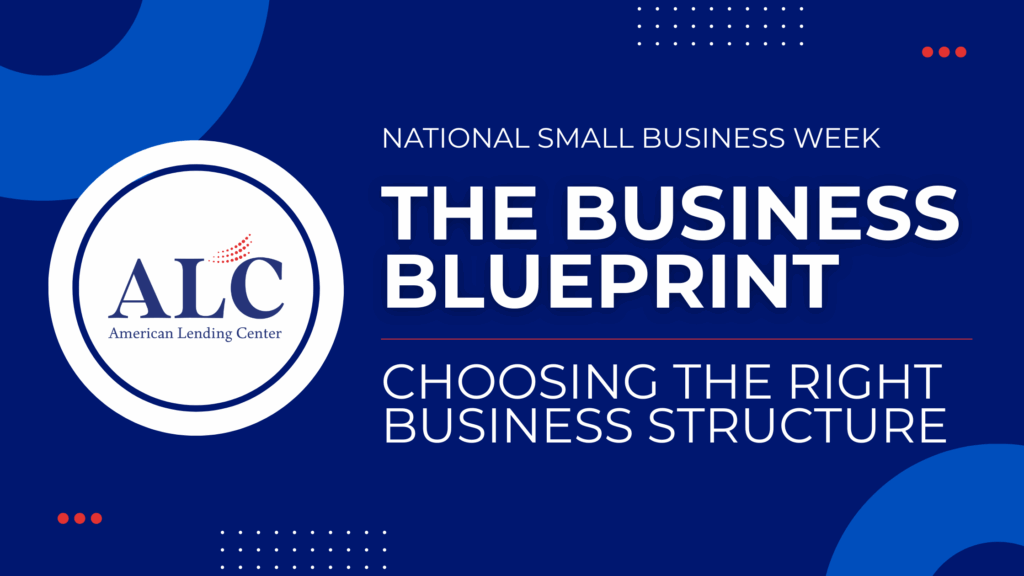Choosing the Right Business Structure: A Guide to Incorporation and Tax

I. Introduction
If you’re starting a business in California, choosing the right business structure is one of your first big decisions. It affects your taxes, paperwork, personal responsibility, and how your business runs. This guide explains the most common business types in California — plus how state and federal taxes work for each.
II. Common Business Structures in California
- Sole Proprietorship
- Simplest structure, no formal registration required.
- Owner has full personal liability for debts.
- Partnership
- Owned by two or more individuals who have full responsibility for business debts.
- Must file with California and IRS.
- Limited Liability Company (LLC)
- Offers personal asset protection.
- Must register with the California Secretary of State.
- Provides more options for growth (e.g., raising capital from investors).
- Corporation (C Corp & S Corp)
- C Corp: Separate tax entity; double taxation possible.
- S Corp: Pass-through taxation with limits on shareholders.
- Both offer personal asset protection.
- Offer more options for growth (e.g., raising capital from investors).
- Nonprofit Organization
- Focused on charitable, educational, or public service goals.
- Must apply for federal and state tax-exempt status.
- Must comply with both IRS and California regulations.
III. Federal and California Tax Implications
- Sole Proprietorship and Partnership
- Income reported on individual tax returns.
- Must pay self-employment tax (Social Security and Medicare).
- LLC
- By default, taxed as a sole proprietorship (single-member) or partnership (multi-member).
- Can elect to be taxed as a C Corp or S Corp.
- Must pay at least $800 annually, plus additional fees if revenue is over $250,000.
- C Corporation
- Pays corporate taxes on profits (Form 1120).
- C Corps pay 8.84% state tax, minimum $800.
- Owners/shareholders pay taxes on dividends (double taxation).
- S Corporation
- No federal tax; pay a California tax of 1.5% on profits, minimum $800.
- Pass-through taxation to shareholders.
- Shareholders report business income on personal returns.
- Salaries paid to shareholders are subject to payroll taxes.
- Other Considerations
- Local permits may be required in addition to state registration.
- Specialized taxes may apply to certain industries (e.g., food, alcohol, health services).
IV. Changing Your Business Structure
- Why and When to Switch
- As a business grows or tax advantages change, switching can optimize tax outcomes and liability protection.
- Common changes include: Sole Proprietorship to LLC, or LLC to Corporation.
- Process
- File appropriate forms Secretary of State.
- Review and update tax election with the IRS if applicable.
- Seek professional help to understand implications, switch entity structures, and file appropriate paperwork.
V. Resources and Help
- IRS: https://www.irs.gov/businesses
- California Secretary of State: https://www.sos.ca.gov/business-programs
- California Franchise Tax Board: https://www.ftb.ca.gov/businesses
- CalGold: https://calgold.ca.gov
- Talk to a CPA or small business lawyer
VI. Conclusion
- Choosing the right business structure in California is a critical step in your entrepreneurial journey.
- Consider personal liability, tax implications, growth potential, and legal protections.
- Always seek professional advice to make an informed decision based on your specific situation.

Iris Cheng
CPA at JC Accountancy
Iris Cheng has over 30 years of tax experience working with individuals and closely held businesses across a wide range of industries, including non-profit organizations, non-bank financial institutions, product companies, trading firms, and e-commerce businesses.
Earlier in Iris’s career, she was with PricewaterhouseCoopers for eight years in the International Tax Department.
She is a member of the American Institute of Certified Public Accountants and the California Society of CPAs.
Iris graduated from the State University of New York at Buffalo with a Master’s Degree in Accounting and obtained her Bachelor’s Degree in Finance from National Taiwan University.
About American Lending Center: A Financial Times (FT) Americas’ Fastest Growing Company
American Lending Center LLC (ALC), a mission-driven California-regulated lender, is a licensed SBA 7(a) and SSBCI lender. Together, ALCH and ALC have supported the creation or retention of over 140,000 jobs in the U.S. economy, underwriting impactful projects that foster economic growth.
American Lending Center Holdings (ALCH) manages 14 EB-5 regional centers sponsoring projects across the United States. Since 2009, ALCH has raised EB-5 capital for over 100 projects in 31 states including I-956F approvals from USCIS of 28 projects. ALCH has been featured on the Inc. 5000 list of “Fastest-Growing Private Companies in America” for five consecutive years (2020–2024) and was also ranked among “America’s Fastest Growing Companies” by Financial Times in 2021, 2022, 2023 and 2025.
Follow American Lending Center on LinkedIn, Facebook, Twitter, and YouTube.
© American Lending Center 2025